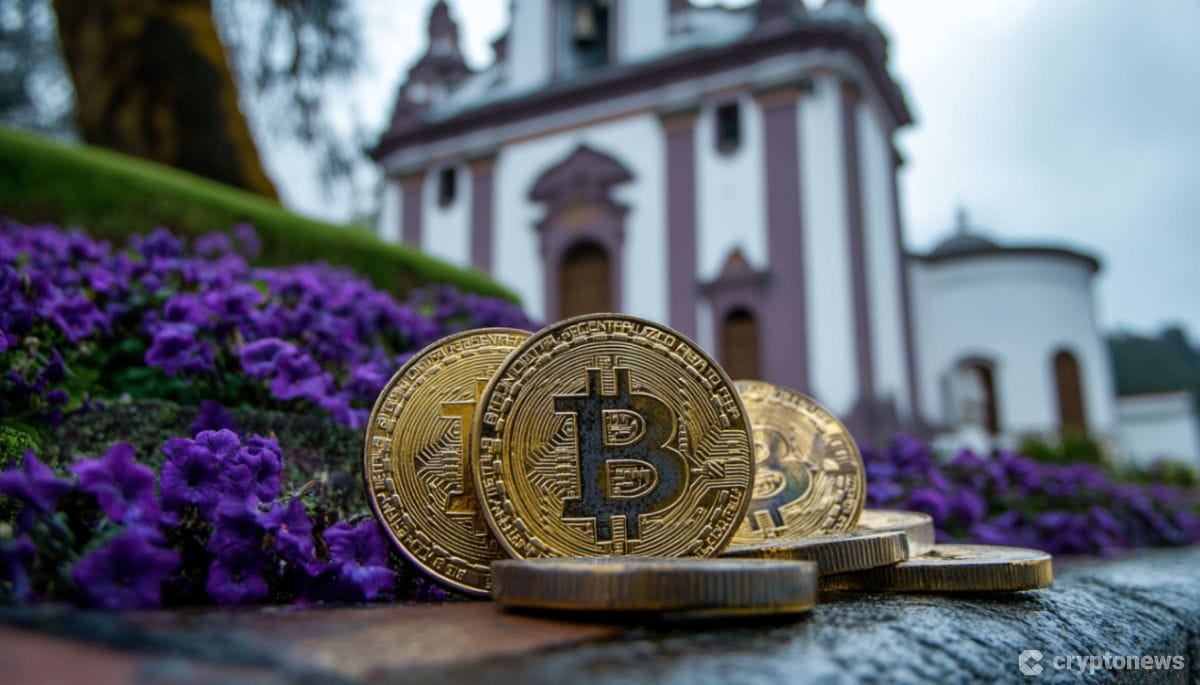The General Manager of the Ecuadoran Central Bank, Guillermo Avellán, recently clarified that cryptocurrency is not illegal in Ecuador, but believes that trading should be regulated. This statement comes after a recent official announcement from the Central Bank of Ecuador warning citizens about the volatility of cryptocurrencies and stating that they do not meet the requirements of legal tender in the nation. As the adoption of Worldcoin (WLD) continues to gain traction in Ecuador, there were concerns that the Central Bank might be considering a ban on crypto trading.
Avellán emphasized that the Central Bank has not prohibited investment in cryptoassets, as it does not have the authority to do so. He stated that the Central Bank’s role is to ensure that the only authorized means of payment in the country is the United States dollar. Avellán also highlighted the need for legislation to regulate investment in cryptoassets in order to protect investors, promote innovation, and strengthen dollarization. He warned that trading cryptoassets outside the legal framework could pose risks to investors.
Ecuador has faced criticism from international bodies for its lack of crypto regulation in the past. With the opening of Worldcoin offices in the country earlier this year, the interest in WLD has surged among Ecuadorians, leading to thousands flocking to Worldcoin scanning centers. The Superintendency of Companies, Securities, and Insurance expressed concerns about the irregular activities of Worldcoin and emphasized that the crypto operator is not regulated by the Ecuadoran state. The Superintendency urged citizens not to provide their biometric data to unauthorized entities.
The popularity of WLD has seen a significant rise in Latin America this year, but it has also attracted regulatory scrutiny in various countries. Worldcoin has made changes to its data collection practices in nations like Chile in response to regulatory pushback. As the interest in cryptocurrencies grows in Ecuador and across the region, there is a need for clear regulations to protect investors and ensure the stability of the financial system. It remains to be seen how the Ecuadoran government will address the issue of cryptocurrency regulation in the coming months.
Overall, Guillermo Avellán’s comments shed light on the current stance of the Ecuadoran Central Bank towards cryptoassets and the need for regulatory frameworks to govern their trading. As cryptocurrencies continue to gain popularity and adoption worldwide, it is crucial for governments to establish clear guidelines to protect investors and mitigate risks associated with this emerging asset class. The case of Ecuador serves as a reminder of the importance of balancing innovation and investor protection in the rapidly evolving crypto landscape.











